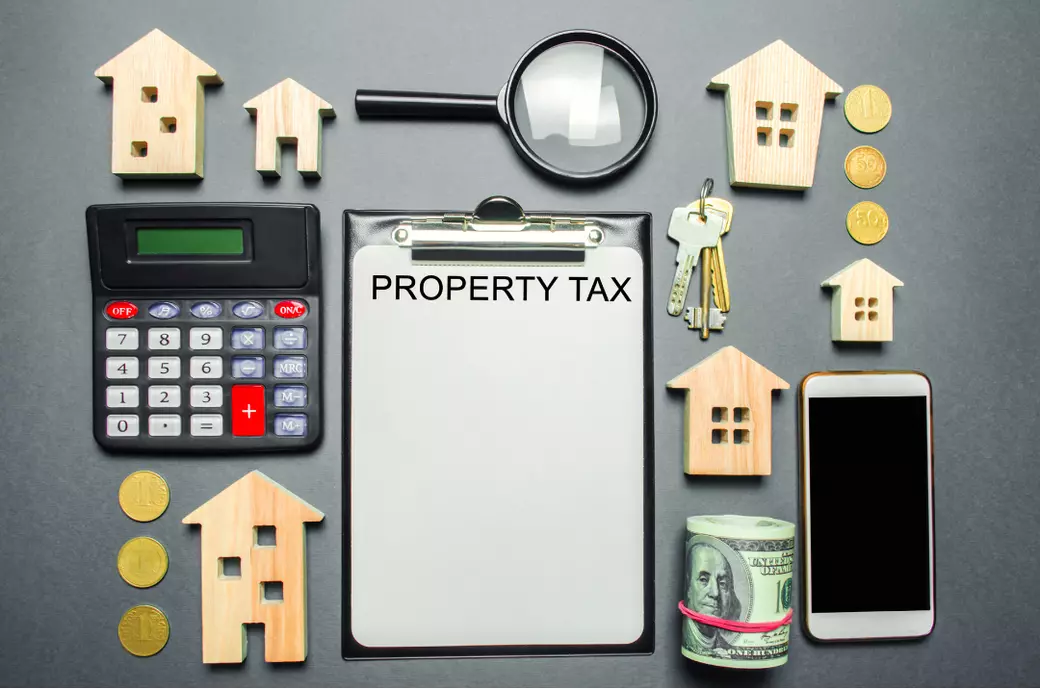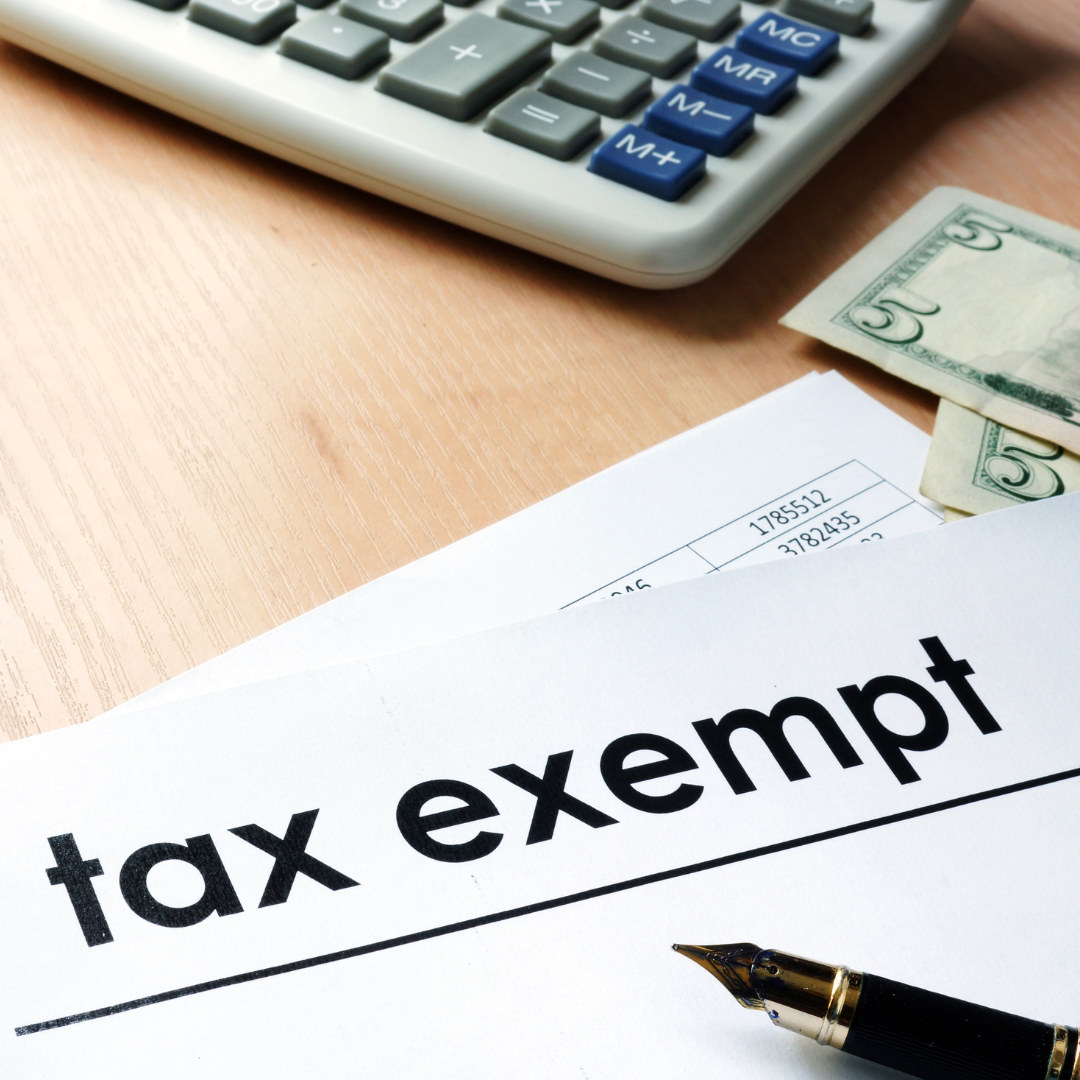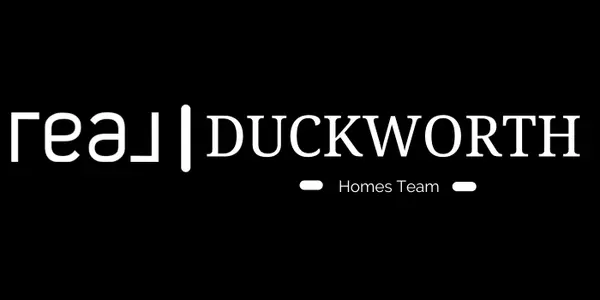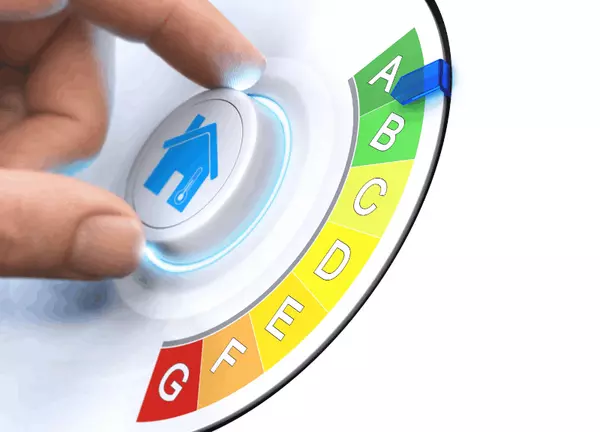Understanding Rhode Island and Massachusetts Property Taxes


- Personal Value: Value of tangible personal property used for business purposes.
- Real Value: Value of land and buildings.
- Exemptions: Various exemptions may be available, such as those for senior citizens, veterans, or conservation easements.
- Taxable Value: The assessed value of your property minus any exemptions or deductions.
3. How Property Taxes are Calculated
The annual property tax amount is calculated by multiplying the assessed value of the property by the local tax rate. Exemptions and deductions are taken into account before determining the final tax bill.

Calculating property taxes involves several steps:
- Determine the assessed value of the property, considering factors like location, size, and condition.
- Find the applicable tax rate for your locality.
- Multiply the assessed value by the tax rate to calculate the annual property tax bill.
- Apply any eligible exemptions or deductions to reduce the tax liability.
4. Property Tax Exemptions
Rhode Island and Massachusetts offer various exemptions to eligible property owners, reducing their tax burden. Common exemptions include those for:

- Homestead: Providing relief for primary residences.
- Senior Citizens: Offering tax relief to elderly homeowners with limited income.
- Veterans: Providing exemptions for disabled veterans based on service-related disabilities.
- Conservation Easements: Offering tax incentives for protecting natural resources or historic sites.
Eligibility criteria and exemption amounts may vary by locality, so it's essential to check with local tax authorities for specific details.
5. Types of Property Taxed
Property taxes in Rhode Island and Massachusetts are levied on real property (land and buildings), personal property (tangible assets not permanently affixed to real property), and motor vehicles.
Motor vehicle taxes are assessed based on registration renewal dates, with a combined system for tag renewals and tax collection.
Conclusion
Understanding property taxes is essential for homeowners in Rhode Island and Massachusetts. While each locality manages its tax system, state oversight ensures fairness and consistency.
Navigating the property tax system may seem daunting, but with proper knowledge and guidance, homeowners can manage their tax obligations effectively. Taking advantage of available exemptions and understanding local procedures can help reduce tax burdens and contribute to a successful financial future.
Whether you're considering buying a home or already own one, understanding property taxes is a crucial aspect of homeownership. For personalized assistance or further inquiries, reach out to local tax authorities or consult with real estate professionals familiar with the area.
Categories
Recent Posts











